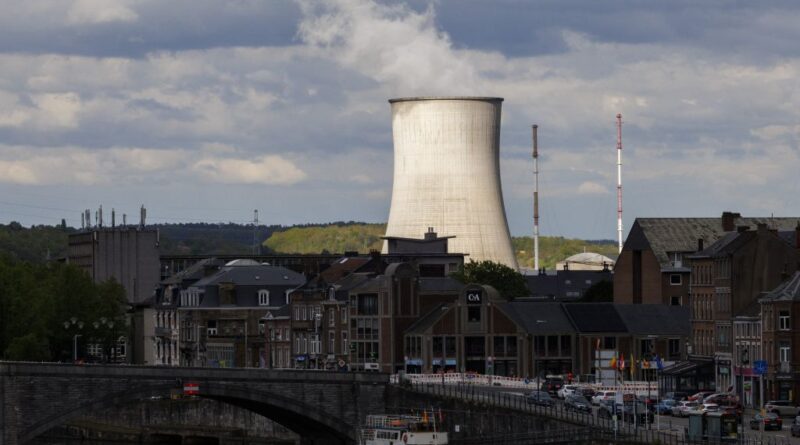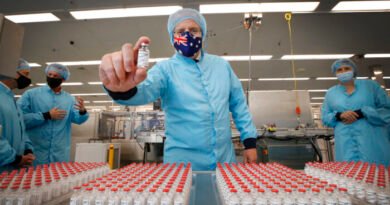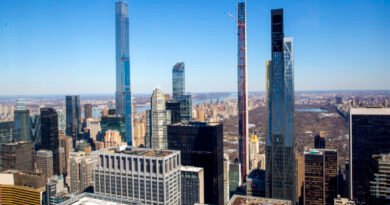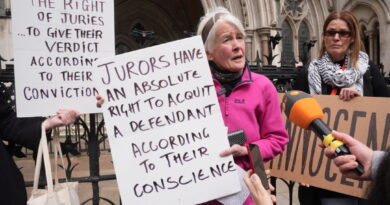Australian Government Pressured to Reconsider Nuclear Ban as Country Holds 28 Percent of Global Uranium
Australia possesses the most uranium reserves in the world, followed by Kazakhstan and Canada.
Trade Minister Don Farrell has confirmed that Australia holds 28 percent of the world’s uranium resources and is interested in continuing its exportation overseas. This comes amid discussions on whether the country should pursue developing nuclear power plants domestically.
Despite being one of the few nations that prohibits nuclear power generation, the topic has gained traction again with the federal opposition proposing to construct seven facilities nationwide if they come into power.
During a Senate Question Time on June 24, Shadow Foreign Minister Simon Birmingham inquired about the percentage of global uranium reserves in Australia.
When asked if he supports the increased mining and exportation of Australian uranium, Farrell responded with an affirmative.
Notable uranium companies on the Australian Stock Exchange include BHP, Paladin Energy, Boss Energy, Deep Yellow, and Bannerman Energy.
Following the Senate debate, Birmingham shared a video on Instagram expressing his thoughts on why the Australian Labor government is hesitant to utilize uranium domestically.
The Coalition’s Nuclear Initiative
Australia’s nuclear ban was originally imposed on Dec. 10, 1998, in response to the Greens’ amendment during the establishment of a nuclear research reactor adjacent to Sydney’s Lucas Heights by the then-Howard government.
Despite this ban, Opposition Leader Peter Dutton’s proposal to construct seven reactors may lead to its overturn.
The proposed locations for these reactors include various power stations across different states in Australia, aiming to replace retiring coal-fired facilities with nuclear ones by the 2030s.
“Communities hosting nuclear power plants are poised to become hubs for new industries, manufacturing, and investments.”
Dutton’s Response to State Premier’s Disinterest
Despite the opposition of Labor state premiers, Peter Dutton remains committed to his nuclear initiative.
“My decisions will prioritize national interests for the benefit of all Australians,” Dutton stated, pledging to work collaboratively with the states.
“Commonwealth laws supersede state laws, even in cases of inconsistencies. Hence, state-level support or opposition will not impede the implementation of our new energy framework.”
“The ban has been in place for a significant period,” he remarked regarding the existing nuclear prohibition.
“Furthermore, the proposal lacks concrete cost estimates, specifics on reactor types, the number of reactors planned for each site, waste management strategies, and fails to address the opposition from six out of the seven selected sites. It also disregards both state and national nuclear power bans, necessitating a significant delay until the 2040s for transition.”
Albanese emphasized that nuclear power is the most costly form of new energy and will require substantial delays before integration into the energy system.





